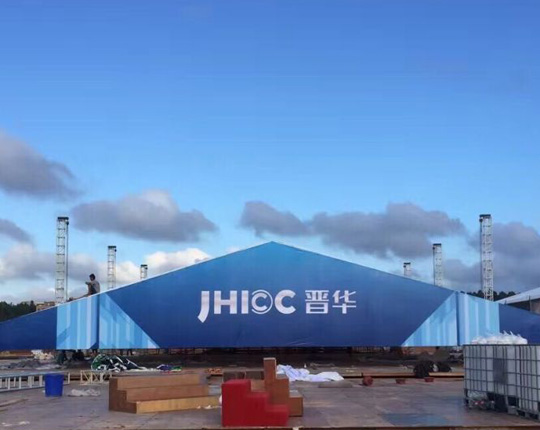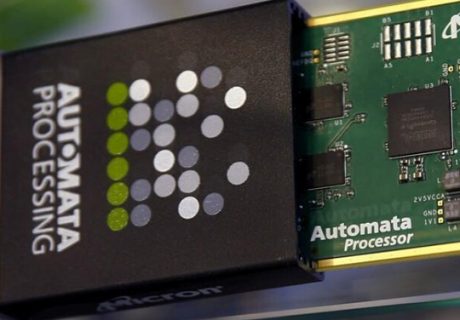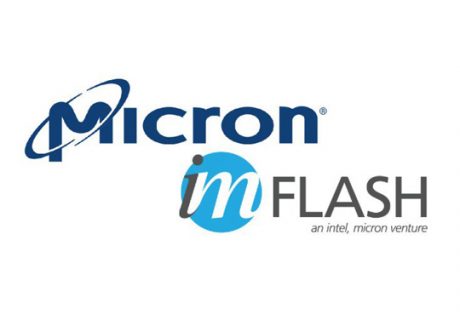The United States said on Monday that it would block a Chinese state-owned technology company from buying American components because it posed a national security threat, the latest volley in an escalating dispute between the world’s two largest economies.
President Donald Trump has painted China as an economic threat to the United States and American companies and based his aggressive tariff strategy on the goal of preventing the country from becoming dominant in key technology sectors.
According to Commerce, Jinhua “poses a significant risk of becoming involved in activities that are contrary to the national security interests of the United States.”
The firm is nearing completion of substantial production capacity for dynamic random access memory (DRAM) integrated circuits, likely to be based on US-technology.
However, that production “threatens the long term economic viability of US suppliers of these essential components of US military systems,” the Commerce Department said.
“When a foreign company engages in activity contrary to our national security interests, we will take strong action to protect our national security,” Commerce Secretary Wilbur Ross said in a statement.
“Placing Jinhua on the Entity List will limit its ability to threaten the supply chain for essential components in our military systems,” Commerce Secretary Wilbur Ross said in the statement.
As a result, a license is required for all exports, re-exports and transfers of commodities, software and technology subject to the Export Administration Regulations. Such license applications will be reviewed with a presumption of denial, Commerce said.
The development is adding pressure to the already fragile relationship between the world’s two largest economies, which have been engaging in an escalating trade war for months. The two have imposed tariffs on about $360 billion worth of two-way trade on each other.
Derek Scissors, a China expert at the American Enterprise Institute, said the company was one of China’s potential national champions in the semiconductor industry and is in a dispute with its main competitor, U.S.-based chipmaker Micron Technology Inc.
While the decision would mainly help Micron in the short term, the administration is trying to set a precedent for how it treats Chinese state-owned enterprises in the long run, he said.
Earlier this year, Washington banned Chinese telecom and smartphone giant ZTE from purchasing crucial US components for seven years, threatening its survival, as punishment for breaking US export controls.
In a politically charged settlement, Washington then allowed ZTE to resume imports under tough conditions.



















